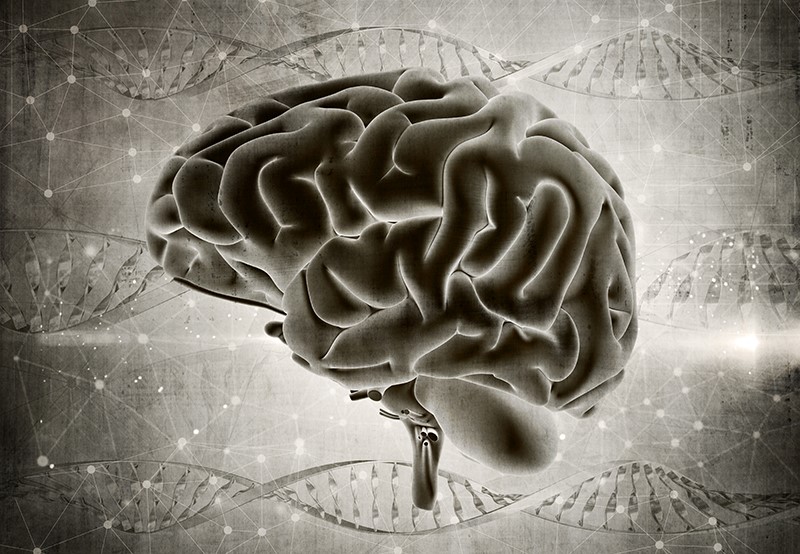For older adults, losing the ability to remember things and experiencing cognitive decline are some of the most terrifying prospects of aging. Recent research suggests that slightly over 10% of people 65 years and older have Alzheimer’s. You and your loved one might be anxious to know if you have inherited the disease or are at risk from other factors. So, is Alzheimer’s disease genetic? The answer is as complicated as the disease.
Is Alzheimer’s Disease Genetic?
There are some genetic factors related to Alzheimer’s disease, but doctors and scientists are still racing to understand precisely how genes play a part in this serious illness. If you have a first-degree relative, such as a parent or sibling, with Alzheimer’s disease, you are more at risk of developing it, too. However, that does not guarantee that you will get Alzheimer’s.
The reason that genetic testing for Alzheimer’s disease cannot always predict whether you will get the illness is that the genes connected to Alzheimer’s are largely risk genes, not deterministic ones. Here’s a breakdown of these two types of genes and how they influence Alzheimer’s:
- Risk genes such as APOE-e4 may increase your chance of getting Alzheimer’s, but it is still not guaranteed that you will have the disease.
- Deterministic genes such as the very rare amyloid precursor protein (APP) on chromosome 21, presenilin 1 (PSEN1) on chromosome 14, and presenilin 2 (PSEN2) on chromosome 1 directly cause Alzheimer’s disease

Understanding the Forms of Alzheimer’s
While you may want to test for Alzheimer’s gene, you should first understand the different forms of the disease. Researchers and doctors describe the two forms of Alzheimer’s as:
- Early-onset Alzheimer’s – develops before age 65, often in the late 30s or early 40s
- Late-onset Alzheimer’s – develops after age 65, often in the age range of 65 to 75
Most people who get Alzheimer’s only develop it later in life, making late-onset Alzheimer’s the most prevalent form of the disease. While genetics and family history of Alzheimer’s do play a part in whether or not you are at risk of getting this illness, deterministic genes only account for 1% of all Alzheimer’s cases. Those cases are called familial early-onset Alzheimer’s.
Genetic Testing for Alzheimer’s Disease
Genetic testing for Alzheimer’s disease has come a long way, but it still can not predict whether or not you will get sick. If you have more than one immediate family member who has Alzheimer’s, talk to your doctor and a specialist about your concerns. Genetic counselors can also guide you through the risks and benefits of genetic testing.
Many companies are taking advantage of people’s interest in the question, “Is Alzheimer’s hereditary?” by offering at-home DNA and genetic tests. You should take caution with this approach. This area of science is incredibly complex, and you will need to discuss the results with a genetic counselor and a doctor to avoid misinterpreting the information.
Scientists Search for Alzheimer’s Genes
It may take many more years before scientists can answer the question, “Is Alzheimer’s disease genetic?” If you or a loved one begins experiencing memory loss, talk to your primary care doctor as soon as possible. With early therapy and care, it’s possible to extend your quality of life for many years.
Discover holistic memory care for older adults at Elder Care Alliance facilities. Schedule a visit today.




















